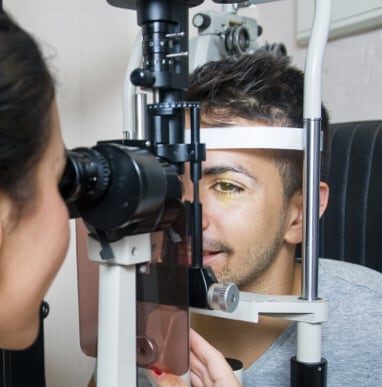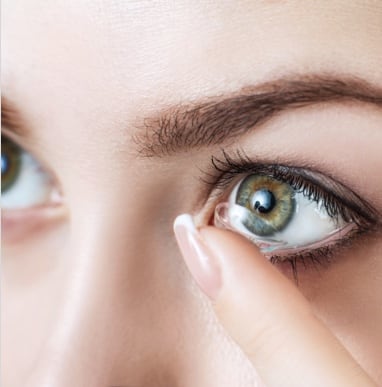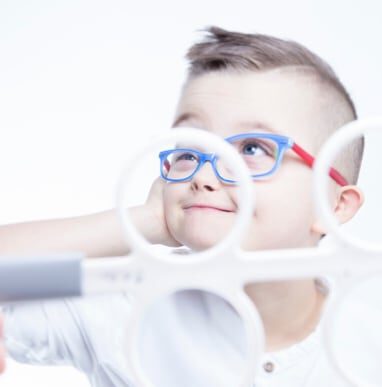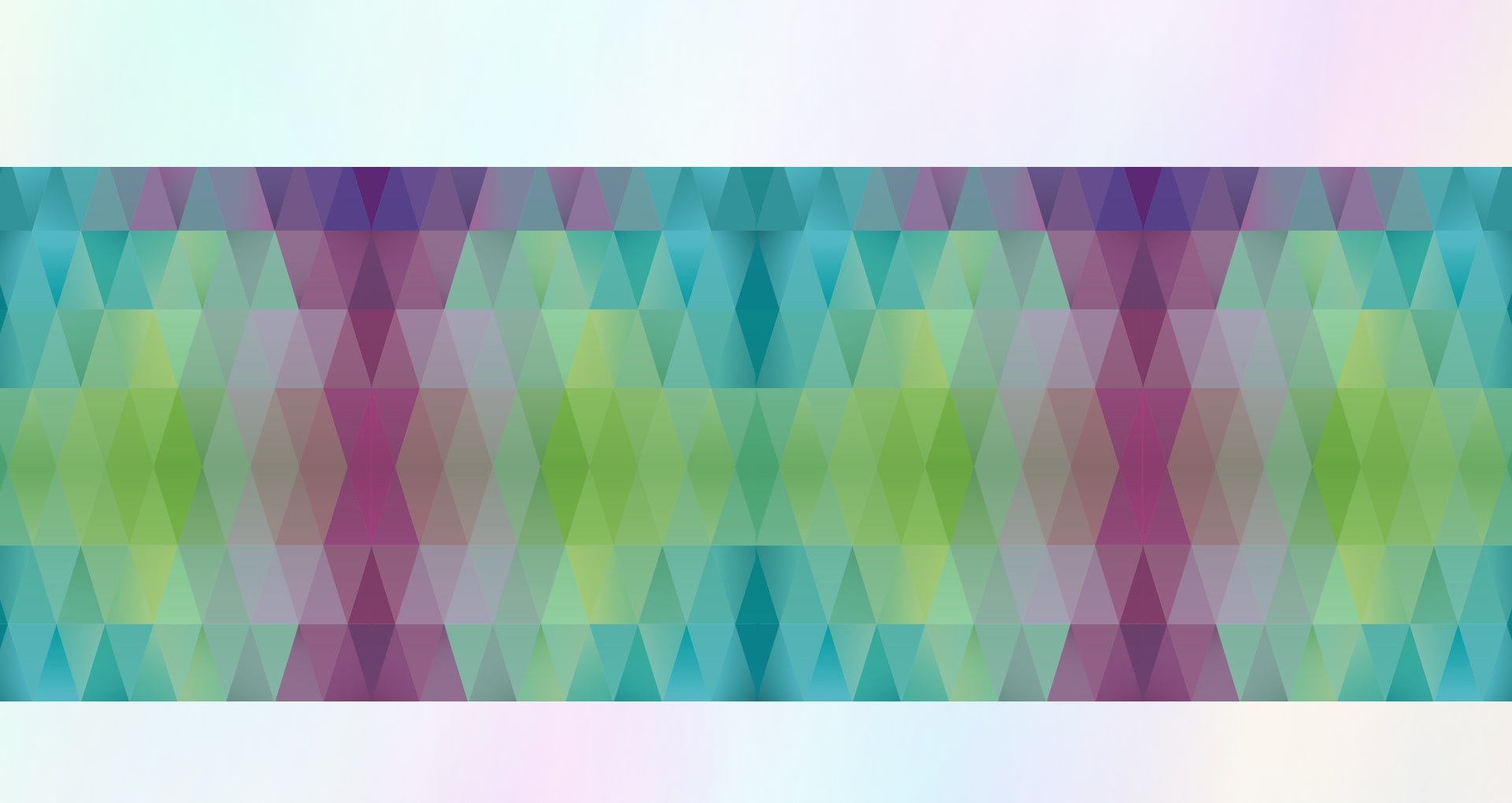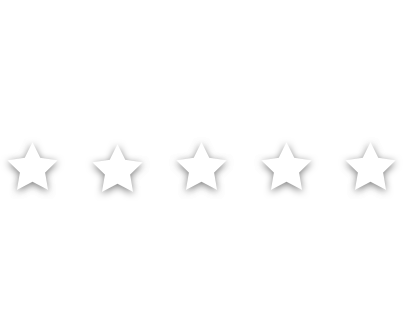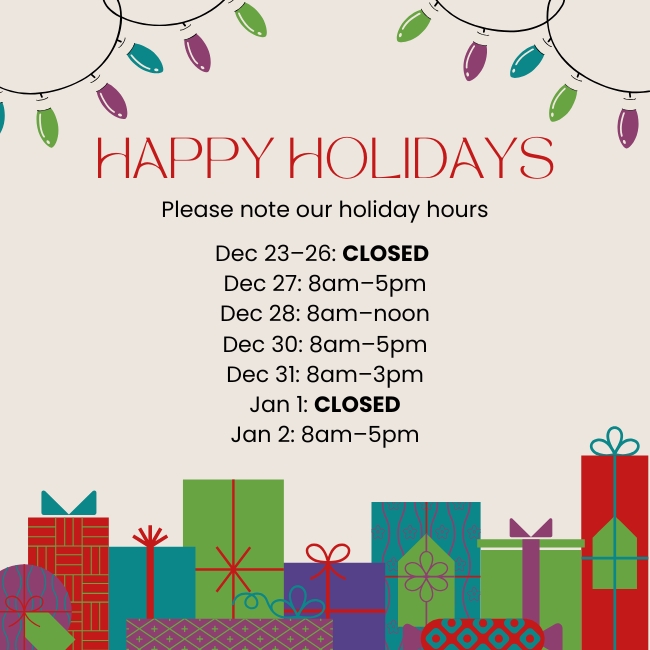A concussion is a type of brain injury that can occur after a bump or blow to the head. It’s a common injury that affects millions of people each year, including athletes and those involved in accidents.
While many people are aware of the physical symptoms associated with concussions, such as headaches and dizziness, few are aware of the potential impact on their visual system. Most post-concussion vision problems resolve in a few days, but depending on the type and severity of the injury, it may take longer.
Soon after you sustain a concussion, visit your optometrist to assess your visual function. If you’re experiencing vision-related symptoms, your optometrist can help find solutions to relieve the discomfort.
Are Vision Problems Common After a Concussion?
After a concussion, it’s common to experience a range of symptoms, including:
- Headaches
- Nausea
- Dizziness
However, vision problems are also a frequent side effect of brain injuries. Vision symptoms can be frustrating and overwhelming, especially if you already have a history of vision problems.
What Vision Problems Are Common After a Concussion?
Concussion injuries can impact various aspects of visual function, from focusing and eye movement to the perception of colors and shapes. The severity and type of concussion, along with other factors, can determine which symptoms develop.
Ocular Motor Dysfunction
A common visual problem that can occur after a concussion is ocular motor dysfunction (OMD). This refers to a variety of eye movement disorders, including:
- Difficulty with tracking or fixation
- Coordination of eye movements
OMD can result in double vision, headaches, and difficulty reading for an extended period.
Photophobia
Photophobia, or sensitivity to light, is a common symptom of concussions. Exposure to light may cause eye discomfort and headaches, making it difficult to concentrate or complete tasks without interruption.
Sensitivity to light is due to sensitivity in the visual cortex that controls vision and the pain response rather than as a result of light intensity. It can lead to additional symptoms, including:
- Squinting
- Headaches
- Dry eye
- Dizziness
- Vertigo
- Fatigue
Light sensitivity can last for 6 months or more post-concussion, so it’s critical to visit your optometrist and follow recommendations to support healing.
Binocular Vision Dysfunction
Binocular vision dysfunction results in blurred or seeing double and prevents you from seeing the same image simultaneously with both eyes. This can cause:
- Double vision
- Impaired balance
- Poor hand-eye coordination
- Affected depth perception
Convergence Insufficiency
After a concussion, it’s common to have a decreased ability to converge the eyes inward while focusing on a near object. Some of the most self-reported symptoms following a concussion include:
- Difficulty reading
- Reduced near convergence
- Accommodative deficits
The eyes’ focusing power can become inhibited, making switching to accommodate near and distant objects more difficult.
Post-Concussion Vision Problems: How Long Do They Last?
Vision problems resulting from a concussion can be temporary or long-term impairments.
Post-concussion vision problems can last from a day to a couple of years, depending on the severity of the injury. Most people will see improvement in their vision within 10 days to a few weeks of the injury.
It’s important to note that the time it takes for vision to return to normal following a concussion may vary from person to person and may depend on several factors, such as:
- The severity of the injury
- The amount of rest the person receives after the injury
Rest is essential to the healing process. More severe cases of vision problems can benefit significantly from optic rehabilitation. This involves exercises and techniques under the guidance of a therapist who specializes in vision therapy.
Treat Your Concussion Promptly at Vision Care Center
Concussions can cause significant disruption to your life and may result in vision problems that vary in severity. It can take you out of school, work, and your favorite activities. Getting early intervention can prevent the extent of vision loss and improve treatment outcomes.
Vision therapy is a viable option for those who experience persistent and severe visual dysfunction. Don’t wait for your vision to return; it can cause further damage or prolong the healing process. Book an appointment at Vision Care Center for a proper assessment, diagnosis, and treatment.
In the end, it is essential to take the necessary steps to recover, both physically and mentally, from a concussion.




